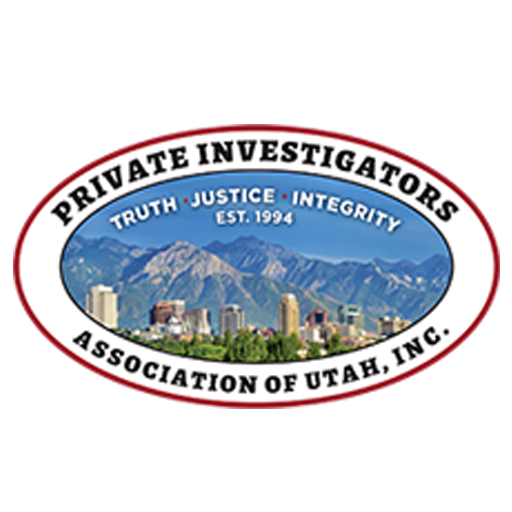UTAH PRIVATE INVESTIGATORS - STATUTES & CODES
Utah Code - 78B-8-301.Process Server Act.Part 3
Process Server Act
78B-8-301 Title.
This part is known as the “Process Server Act.”
(Renumbered and Amended by Chapter 3, 2008 General Session)
78B-8-302 Process servers.
(1) Complaints, summonses, and subpoenas may be served by a person who is:
(a) 18 years of age or older at the time of service; and
(b) not a party to the action or a party’s attorney.
(2) Except as provided in Subsection (5), the following may serve all process issued by the courts of this state:
(a) a peace officer employed by a political subdivision of the state acting within the scope and jurisdiction of the peace officer’s employment;
(b) a sheriff or appointed deputy sheriff employed by a county of the state;
(c) a constable, or the constable’s deputy, serving in compliance with applicable law;
(d) an investigator employed by the state and authorized by law to serve civil process; and
(e) a private investigator licensed in accordance with Title 53, Chapter 9, Private Investigator Regulation Act.
(3) A private investigator licensed in accordance with Title 53, Chapter 9, Private Investigator Regulation Act, may not make an arrest pursuant to a bench warrant.
(4) While serving process, a private investigator shall:
(a) have on the investigator’s person a visible form of credentials and identification identifying:
(i) the investigator’s name;
(ii) that the investigator is a licensed private investigator; and
(iii) the name and address of the agency employing the investigator or, if the investigator is self-employed, the address of the investigator’s place of business;
(b) verbally communicate to the person being served that the investigator is acting as a process server; and
(c) print on the first page of each document served:
(i) the investigator’s name and identification number as a private investigator; and
(ii) the address and phone number for the investigator’s place of business. (emphasis added)
(5) Any service under this section when the use of force is authorized on the face of the document, or when a breach of the peace is imminent or likely under the totality of the circumstances, may only be served by:
(a) a law enforcement officer, as defined in Section 53-13-103; or
(b) a constable, as listed in Subsection 53-13-105(1)(b)(ii).
(6) The following may not serve process issued by a court:
(a) a person convicted of a felony violation of an offense listed in Subsection 77-41-102(17); or
(b) a person who is a respondent in a proceeding described in Title 78B, Chapter 7, Protective Orders, in which a court has granted the petitioner a protective order.
(7) A person serving process shall:
(a) legibly document the date and time of service on the front page of the document being served;
(b) legibly print the process server’s name, address, and telephone number on the return of service;
(c) sign the return of service in substantial compliance with Title 78B, Chapter 18a, Uniform Unsworn Declarations Act;
(d) if the process server is a peace officer, sheriff, or deputy sheriff, legibly print the badge number of the process server on the return of service; and
(e) if the process server is a private investigator, legibly print the private investigator’s identification number on the return of service.
(Amended by Chapter 298, 2018 General Session)
78B-8-303 Recoverable rates.
If the rates charged by private process servers exceed the rates established by law for service of process by persons under Subsection 78B-8-302(1), the excess charge may be recovered as costs of an action only if the court determines the service and charge were justifiable under the circumstances.
(Renumbered and Amended by Chapter 3, 2008 General Session)
78B-8-304 Violations of service of process authority.
(1) It is a class A misdemeanor for a person serving process to falsify a return of service.
(2) It is an infraction for a person to bill falsely for process service.
(Amended by Chapter 303, 2016 General Session)

